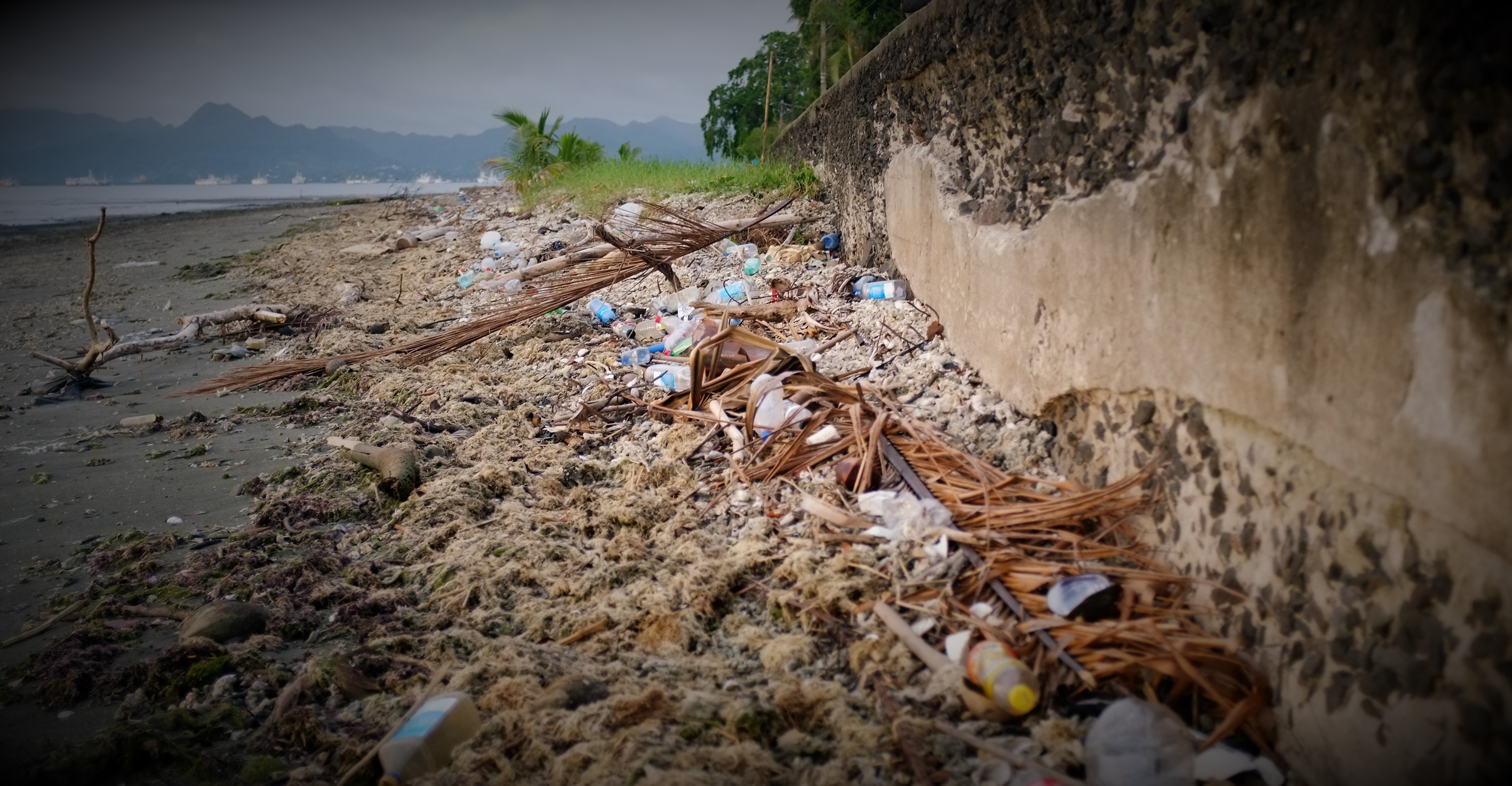From the largest cities to the remote villages around the planet, plastic with all its convenience, hygiene and affordability benefits has become ubiquitous in people’s daily life. Unfortunately, the spiraling production of plastic and plastic products, a prevalent throwaway culture, and poor management of waste has devastating effects on the natural environment, the wildlife and, as is increasingly documented, on human health. Micro and nanoplastics are now found in the most remote areas of the planet, from the deepest ocean trenches to the planet’s poles, and on the current trend there will be more plastics than fish in the ocean by 2050.
The cultural, environmental, social and economic role of the ocean in the Pacific exposes the islands more than most to the threats of marine plastic pollution. National and regional law and policy measures taken by the Pacific states and territories to curb the problem will not alone resolve what is now a global crisis requiring a global solution. A growing body of research conducted under the auspices of the United Nations Environmental Assembly points to the urgent need to review and improve the current fragmented and ineffective global plastic legal regime.
Beginning with a brief outline of the extent of the plastic crisis globally and of its threats to the Pacific islands, this article summarises the key policy and regulatory responses to plastic pollution in the Pacific region and globally, highlighting the limitations and gaps of the current approach[1]. The emergence of a global momentum in support of an international legally binding instrument (ILBI) to prevent plastic and microplastics pollution is described in the context of the UN Environmental Assembly (UNEA) process and the work of the Ad Hoc Open Ended Expert Group on Marine Litter and Microplastics (AHEG). The last section outlines the historical development of the Pacific islands’ regional position with regards to plastic pollution and the current process to define a common position towards a new global regime governing plastics that reflects the Pacific islands’ regional and national priorities and ensure the protection of people and ocean from plastic pollution and its impacts.




